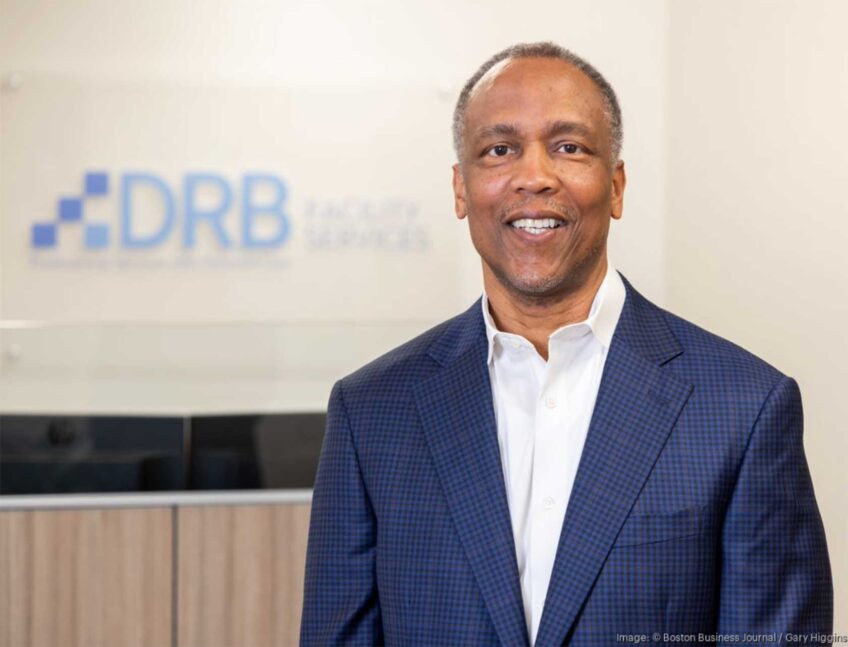Labor activists urge support for higher wages
Launch next phase of campaign: push for personal care attendants

A group of home care professionals and labor advocates met at the 1199 SEIU headquarters in Dorchester last week to generate steam for their push for a $15 hourly wage for personal care assistants.
The group is part of the
WageAction Coalition, the local offshoot of a nation-wide push for higher wages in a variety of industries known as the Fight for $15 movement.
While Fight for $15 started in New York among fast food workers lobbying major employers such as McDonalds for a higher hourly wage, the movement has since spread across the country and expanded to a broader spectrum of professions, including hospital workers, taxi drivers, and airport workers.
Strategies utilized by movement leaders range from a new $15 minimum wage in Seattle to recent workplace-specific contract negotiations at health care facilities in South Boston, Lynn and Everett, says Jeff Hall, Communications Director for 1199 SEIU United Healthcare Workers East.
Last week’s Dorchester event focused specifically on home care aides (also called Personal Care Attendants or PCAs) who provide assistance for elderly and disabled people with tasks such as showering, cooking and home maintenance.
The panel included a number of PCAs (both SEIU members and non-union workers), a hospital employee who makes more than the desired $15 wage but said she wanted to support her colleagues’ efforts, and one woman who utilizes the services of a home care assistant. The speakers emphasized home care workers’ devotion to the job, often describing close personal relationships with their clients.
Olivia Richard, the woman with a PCA, spoke about when her assistant came to work even on one of the worst snow days this winter.
“I was floored when she showed up at my door, right on time,” Richard said. “She walked!” She added emphatically, “You guys are woefully underpaid for what you do.”
A growing need
The event attracted a number of elected officials: city councilors Tito Jackson, Josh Zakim and Stephen Murphy, and state representatives Dan Hunt, Evandro Carvalho and Dan Cullinane, who received panel recognition for a bill he recently introduced that would raise wages for home health care aides.
As she introduced Cullinane, Veronica Turner, executive vice president of 1199 SEIU United Healthcare Workers East in Massachusetts, emphasized the strong affinity the group had for him.
“You’re gonna take some heat [for your bill],” she joked. “But you’ve got a strong back, and we’ve got your back.”
Cullinane said the issue was “about more than $15 an hour,” stating it was also a matter of values. He also said his interest in the issue was driven by the sizeable growth of the home health care industry and the potential for state cost savings “for people to be able to age in their home.”
A February report by the National Employment Law Project indicates the number of home care jobs in the United States is projected to grow five times faster than jobs in all other occupations. That report also notes that for the past decade, states have been shifting long-term care models away from institutions such as nursing homes and toward home care, generating significant intergovernmental savings.
Jackson underscored his support for the union’s efforts. He said he recently heard some people “questioning what unions have done for Roxbury” and pointed to earned sick time and a “livable wage” as answers to that question.
“I am on your side because you have been on the side of the people of my community,” he said.
Decent pay
Event organizers were not shy about the fact that the effort was heavily union-led — besides being held at the 1199 SEIU headquarters and introduced by Turner, they screened a movie that included an audio clip from a Dr. Martin Luther King Jr. visit to an 1199 SEIU office during which he claimed that he considered himself “a fellow 1199-er,” a line that brought some cheers from the audience.
However, despite the obvious union handprint, the
WageAction Coalition comprises both union and non-union members, including some of those who spoke on the panel.
The split between union and non-union workers reflects the two categories of home health aides. There are 35,000 who work within the MassHealth Personal Care Attendant program. They have been members of 1199 SEIU since 2008 and currently earn $13.38 per hour. They begin negotiations with the state-appointed Quality Home Care Workforce Council this summer.
Another 20,000 home care aides are employed by private home care agencies and reportedly earn anywhere between the minimum wage and $11.25, according to Jeff Hall, the 1199 SEIU communications chief. Two larger Boston area private agencies are Medical Resources Home Health and Intercity Home Care. Hall notes, however, that the two worker categories overlap somewhat because some MassHealth employees may work a second job for a private agency to earn more money.
The pay gap between the two groups of home care assistants was highlighted by panel member Kirsis Nina, who addressed the audience in Spanish through a translator. She works for a private agency and said she makes $10.65 per hour and was surprised when she learned her union counterparts earned an hourly wage of $13.38. She added, however, that neither amount was enough to live on, which was why she was adding her efforts to the push for a $15 rate.






